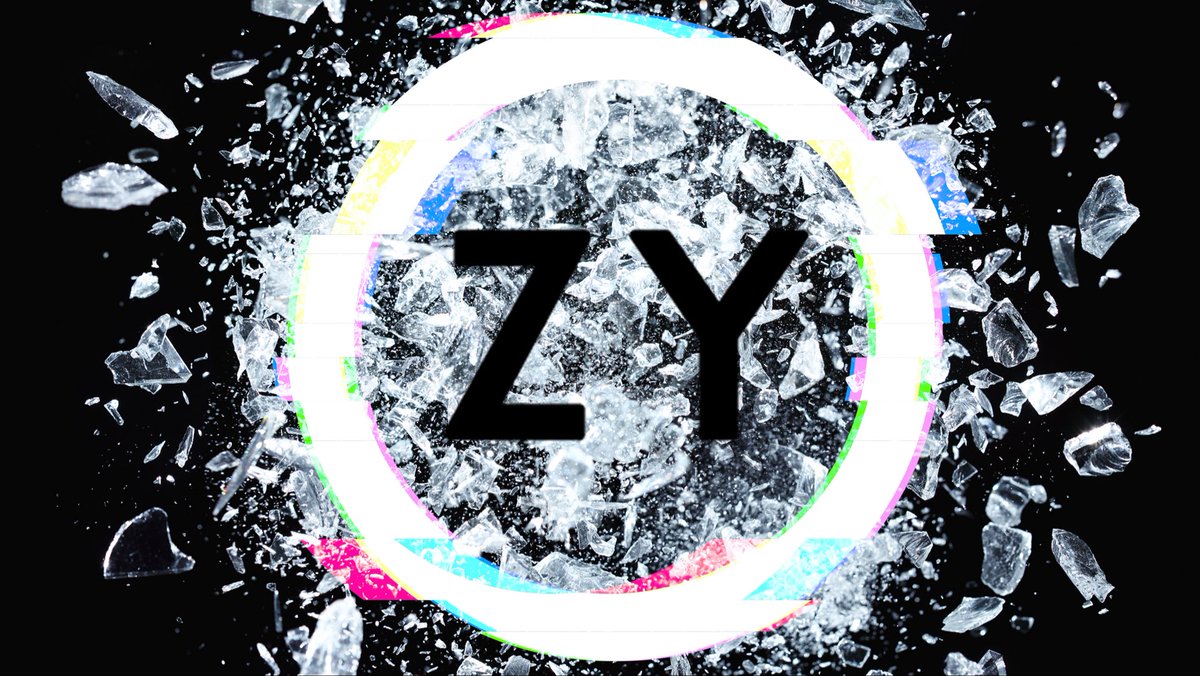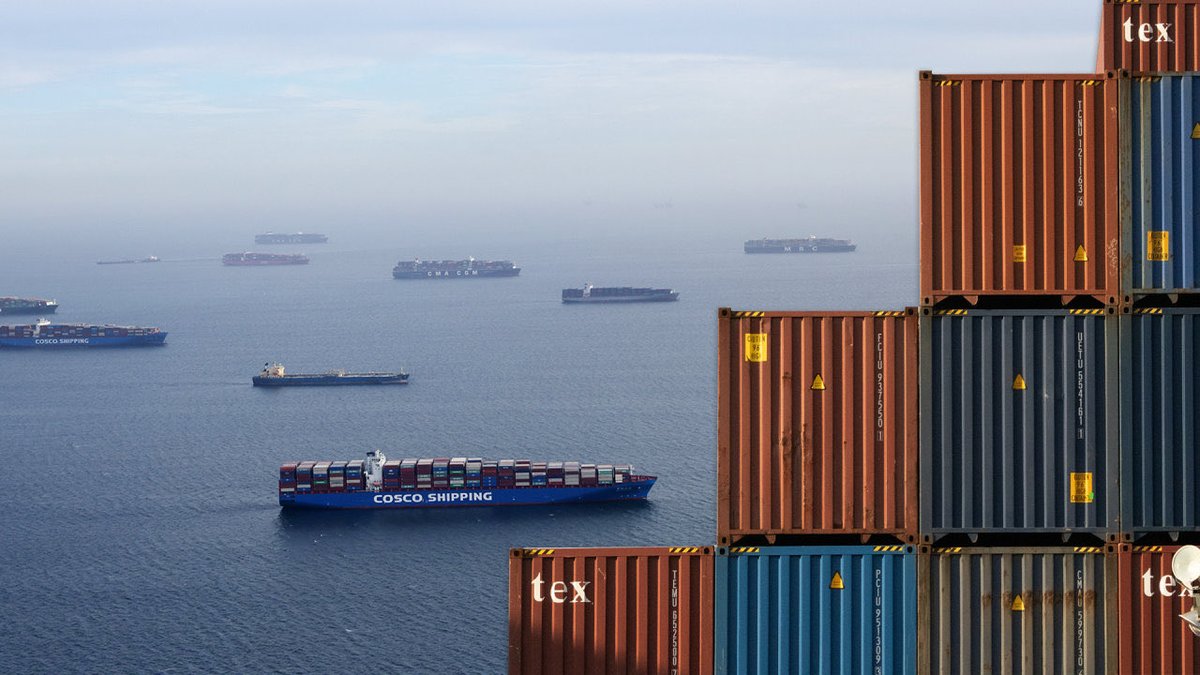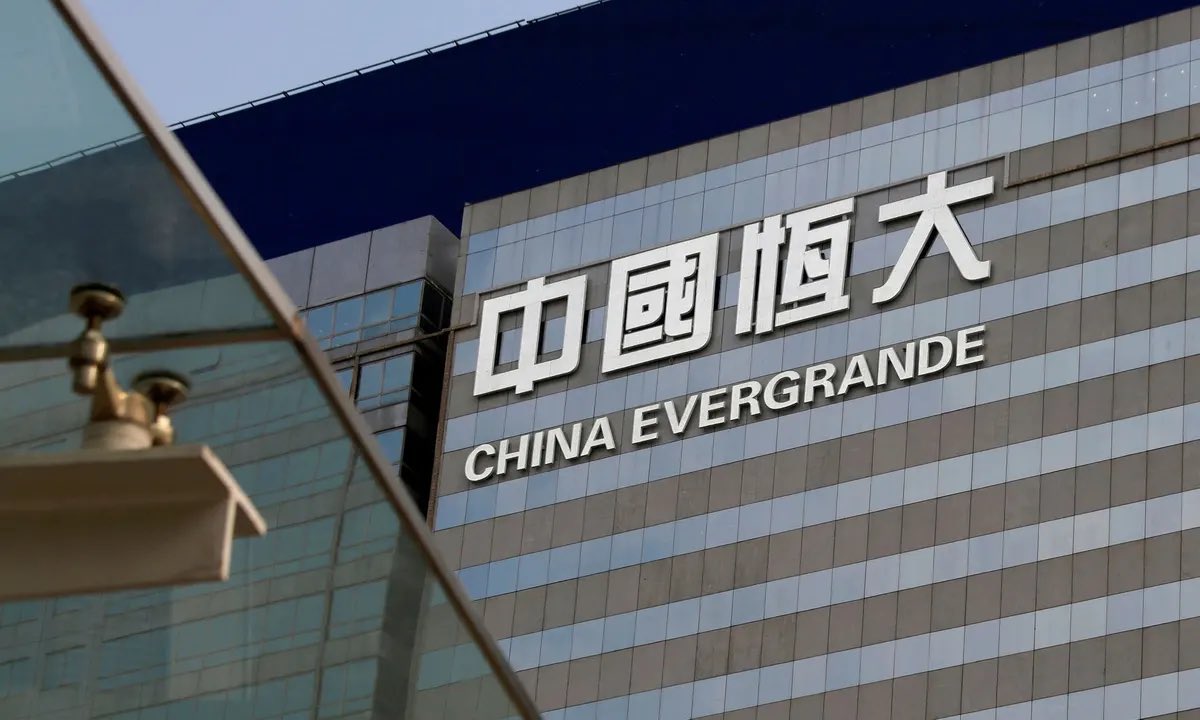
The rapid demise of Ozy Media is a story for the ages.
Here's a breakdown on the situation and lessons:
Here's a breakdown on the situation and lessons:

1/ Ozy Media was founded in September 2013 by Carlos Watson and Samir Rao.
Watson had an incredibly impressive story—born to a working class Jamaican family in Miami, he would go on to attend Harvard and Stanford Law School before working at McKinsey and Goldman Sachs.
Watson had an incredibly impressive story—born to a working class Jamaican family in Miami, he would go on to attend Harvard and Stanford Law School before working at McKinsey and Goldman Sachs.

2/ He later entered the media world and had a semi-successful television career, at one point co-anchoring an MSNBC show and appearing regularly on Morning Joe.
But in 2013, he joined forces with his former Goldman colleague Samir Rao to found Ozy Media.
But in 2013, he joined forces with his former Goldman colleague Samir Rao to found Ozy Media.
3/ Ozy was envisioned as a digital magazine and daily newsletter, but it quickly expanded into podcasts, events, and video.
Based in part on the charisma and impressive background of its founder, Ozy raised money from some of the most discerning media investors of the time.
Based in part on the charisma and impressive background of its founder, Ozy raised money from some of the most discerning media investors of the time.
4/ In December 2013, the company reportedly raised ~$5 million in seed funding from Emerson Collective, among others.
Over the years, it would go on to raise over $80 million, from investors such as German media giant Axel Springer, GSV Capital, and Bucks co-owner Marc Lasry.
Over the years, it would go on to raise over $80 million, from investors such as German media giant Axel Springer, GSV Capital, and Bucks co-owner Marc Lasry.
5/ From the outside looking in, Ozy looked like a success story.
Money pouring in, new content launching, crowded events. It all looked good.
But in hindsight, raising this much capital—and assuming the growth expectations that come with it—was the beginning of the end.
Money pouring in, new content launching, crowded events. It all looked good.
But in hindsight, raising this much capital—and assuming the growth expectations that come with it—was the beginning of the end.

6/ Why?
Well, those investors aren't in it for the charity. They expect growth—rapid growth.
But growth—particularly media growth—is a tricky beast.
You can "buy" it, but only for so long.
If you aren't earning real traffic based on quality content, you're destined to fail.
Well, those investors aren't in it for the charity. They expect growth—rapid growth.
But growth—particularly media growth—is a tricky beast.
You can "buy" it, but only for so long.
If you aren't earning real traffic based on quality content, you're destined to fail.
7/ As early as 2017, reporters started sniffing out that something funny was going on at Ozy Media.
@CraigSilverman was the first.
In his brilliant thread below, he notes the huge difference between "paid" and "earned" media—Ozy was clearly on the wrong side of it.
@CraigSilverman was the first.
In his brilliant thread below, he notes the huge difference between "paid" and "earned" media—Ozy was clearly on the wrong side of it.
https://twitter.com/craigsilverman/status/1444841158069338116
8/ You can buy growth, but if the productivity of those $$$ spent to acquire the customers declines over time, you're in trouble.
It costs more and more to buy less and less.
Imagine a treadmill.
It moves faster and faster...until you can't keep up and you fall on your face.
It costs more and more to buy less and less.
Imagine a treadmill.
It moves faster and faster...until you can't keep up and you fall on your face.

9/ But as with most collapses, Dornbusch's Law applies:
A crisis takes longer to happen than you expect, but then happens faster than you ever could have imagined.
On September 26, 2021, the New York Times reported on an odd incident on a call between Ozy and Goldman Sachs.
A crisis takes longer to happen than you expect, but then happens faster than you ever could have imagined.
On September 26, 2021, the New York Times reported on an odd incident on a call between Ozy and Goldman Sachs.

10/ Goldman Sachs was close to completing a $40 million investment into Ozy Media.
It had shared impressive metrics, growth, and projections.
Its YouTube video performance was particularly impressive, but Goldman (correctly) wanted confirmation of the quality of the numbers.
It had shared impressive metrics, growth, and projections.
Its YouTube video performance was particularly impressive, but Goldman (correctly) wanted confirmation of the quality of the numbers.
11/ Ozy coordinated a call with Watson, Goldman, and Alex Piper, a senior YouTube executive, who could speak to Ozy's YouTube performance.
The call seemed to go well, but something felt off about Piper to the Goldman team, so they emailed him directly following the call.
The call seemed to go well, but something felt off about Piper to the Goldman team, so they emailed him directly following the call.
12/ The YouTube executive replied that he had no knowledge of such call and had not participated—someone had impersonated him.
YouTube's security team alerted authorities and opened an investigation.
The investigation quickly got to the bottom of the situation...
YouTube's security team alerted authorities and opened an investigation.
The investigation quickly got to the bottom of the situation...
13/ Carlos Watson and Samir Rao had intentionally misled Goldman, impersonating Alex Piper to try to secure the investment from Goldman.
Watson blamed the incident on Rao's mental health struggles in a bizarre apology.
After the story hit, the house of cards quickly crumbled.
Watson blamed the incident on Rao's mental health struggles in a bizarre apology.
After the story hit, the house of cards quickly crumbled.

14/ Investors and the board quickly distanced themselves, with some even relinquishing their shares in the company.
@KattyKay_ —one of its key stars—announced her departure.
And just 5 days after the initial story hit the wires, Ozy Media announced it had closed its doors.
@KattyKay_ —one of its key stars—announced her departure.
And just 5 days after the initial story hit the wires, Ozy Media announced it had closed its doors.
https://twitter.com/KattyKay_/status/1443223415813550094
15/ The Ozy Media story is one of the rapid demise of a once darling media company.
It is also a story of the dangers of the fundraising and growth treadmill—on the dangers of an over-reliance on buying growth.
And a reminder to never impersonate someone on a fundraising call.
It is also a story of the dangers of the fundraising and growth treadmill—on the dangers of an over-reliance on buying growth.
And a reminder to never impersonate someone on a fundraising call.
16/ Follow me @SahilBloom for more stories on business and finance.
I write about these topics weekly in my newsletter. You should subscribe! sahilbloom.substack.com
I write about these topics weekly in my newsletter. You should subscribe! sahilbloom.substack.com
17/ For more on the bizarre story of Ozy Media, I highly recommend following @CraigSilverman and reading the articles below.
nytimes.com/2021/09/26/bus…
nytimes.com/2021/10/01/bus…
nytimes.com/2021/09/26/bus…
nytimes.com/2021/10/01/bus…
As @danprimack reported this AM, Carlos Watson went on a TV tour today declaring that Ozy would stay open.
But @danprimack said it best: “OZY is over. Even if Watson doesn't know it yet.”
But @danprimack said it best: “OZY is over. Even if Watson doesn't know it yet.”
18/ Update: As multiple outlets reported, Ozy Media CEO Carlos Watson appeared on several broadcasts this morning explaining away the company’s challenges and arguing that it was not, in fact, shutting down.
Stay tuned…there could be more to come from Ozy Media…
Stay tuned…there could be more to come from Ozy Media…
Everyone loves a good comeback story…right?
https://twitter.com/ozy/status/1445092829030662144
• • •
Missing some Tweet in this thread? You can try to
force a refresh










